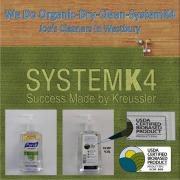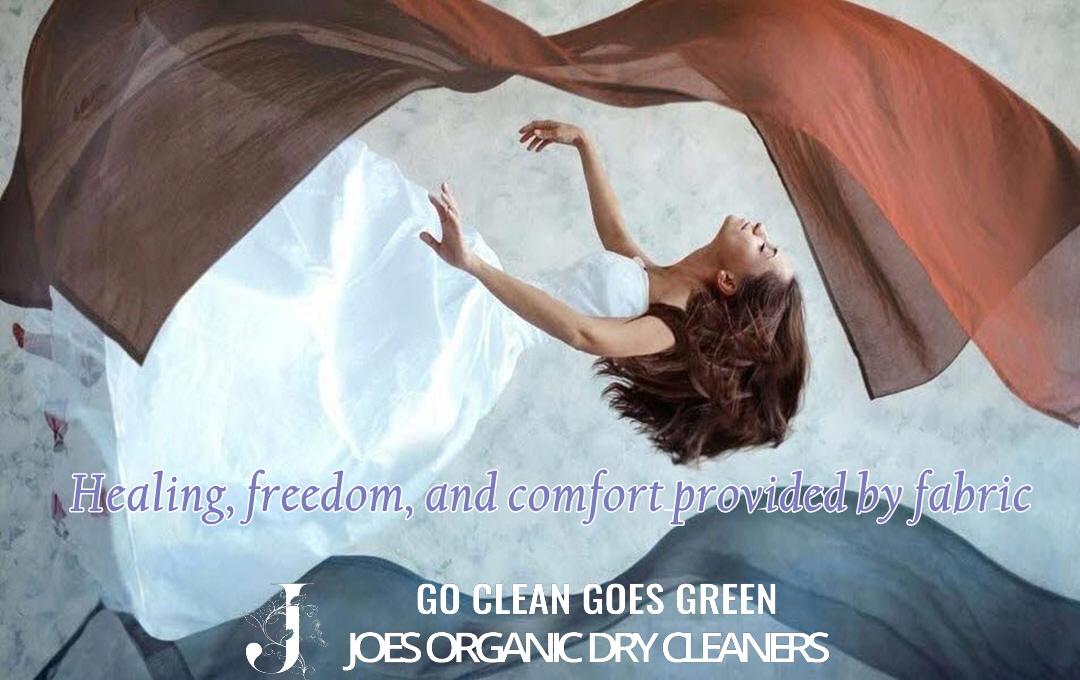Reasons to consider when choosing clothes to reduce repair costs
The four main factors to consider when choosing clothes are price, purpose, quality and overall appearance. Consumers considering purchasing clothing would be wise to compare the price of the item they are interested into other similar items to see what a reasonable price point is. Consumers should also consider the purpose of the clothing they are purchasing. The place and conditions in which you wear it can determine not only the style of clothing you want but also the material from which it is made. For example, a person camping in a remote wilderness area would not buy a satin robe to wear while travelling. The quality of the clothes is also important because well-made clothes can be worn for a long time. By paying more for high-quality clothes instead of choosing cheaper ones, consumers can save money on extra clothes or repairs later. Since the primary purpose of clothing is to convey a specific image of an individual, the overall appearance of clothing may be the most influential factor in a person’s choice.
In conclusion, clothing mending and repair services are provided by professionals.
What if your favourite coat or uniform looks worn out? Take it to Joe’s Tailor Alterations for mending and repair services. Our seamstresses will evaluate your item, advise you on how to proceed, and share a price for your approval. And you can do it as fast as you need to. Whether it be zippers, buttons, linings, hems, sleeve work, badges or patches, we do our best to extend the life of your garments. If required, we also offer full-service dry cleaning for comprehensive garment care in one visit.








































